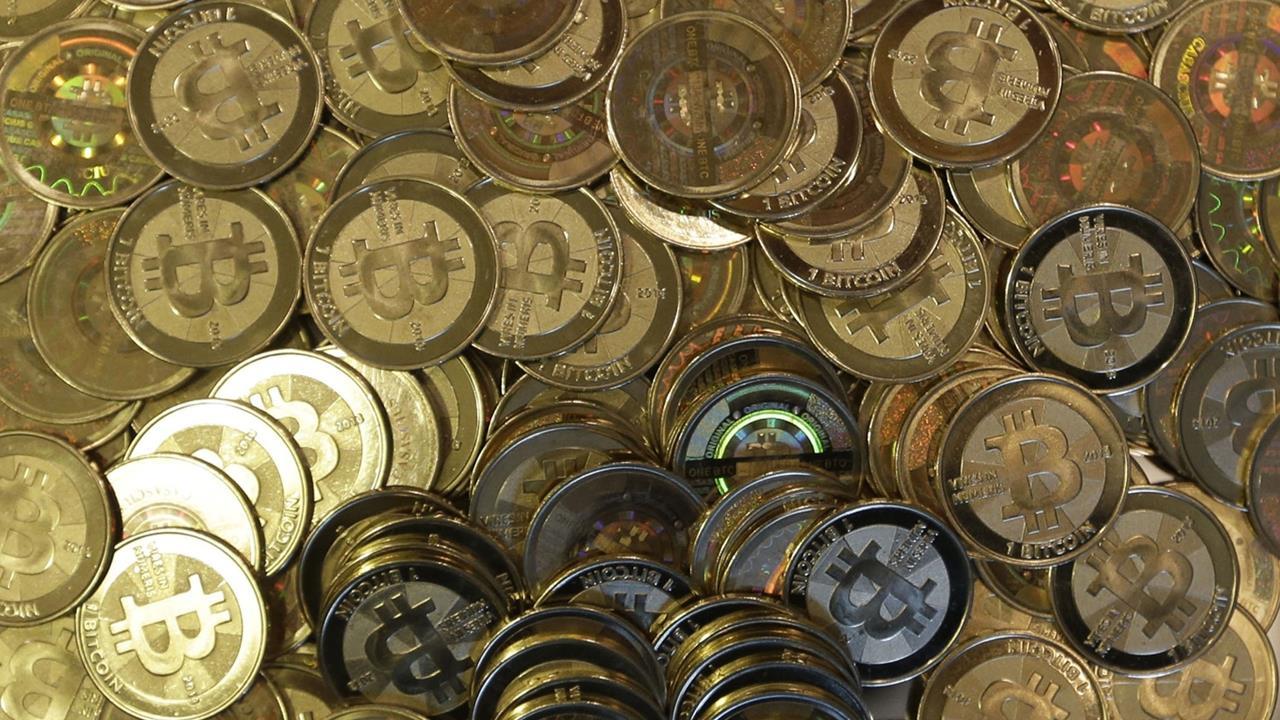Bitcoin worth $4.7M seized in federal fake-ID sting
Two Ohioans have been arrested and charged in a fake-ID scheme involving $4.7 million in bitcoin.
Federal agents seized the digital currency as well as several gold and silver bars from the Toledo home of Mark Simon, who has been charged with transferring false identification documents and forgery involving the cryptocurrency.
Police believe Simon and Sarah Alberts, who was also arrested and charged with money laundering and manufacturing fake IDS, operated under the online pseudonym “TedDanzigSR” on the website Reddit.com. Posts on the website indicate that TedDanzigSR was known for providing fake IDs in exchange for bitcoin.
A spokesperson for Redditt did not immediately return a call from FOX Business requesting comment.
According to an affidavit filed Tuesday by the U.S. Secret Service in federal court, agents found about 30 “wallets” of the digital currency stored on a thumb drive.
In addition, police also seized 18 gold coins, more than 200 silver coins, 21 gold and silver bars and multiple fake identification cards, computers and cell phones, according to the website The Blade.
Local police said they began investigating Simon in 2015 after a college student, who was caught using a fake ID, told officers he bought it on Reddit.
Court documents said that buyers ordering from Simon had to follow strict instructions to hide the transactions by using bitcoin and other digital currencies that aren't tied to banks or governments.
Money laundering and criminal activity involving bitcoin and other cryptocurrencies have been a big concern for financial regulators. In December, then Federal Reserve chair Janet Yellen told reporters that bitcoin is a “highly speculative asset” and “it is not a stable store of value.”
The fact that bitcoin buyers and sellers are anonymous is a clear path for them to launder money, Andrew Bailey, who is head of the United Kingdom’s Financial Conduct Authority (FCA), told BBC’s “Newsnight.”
"You can't go somewhere and look up the record of who owns bitcoin," Bailey said. "If I thought there was evidence of people saying, 'You know what? I'm going to put my pension into bitcoin,' I would be very concerned, but we don't see that at the moment."




















